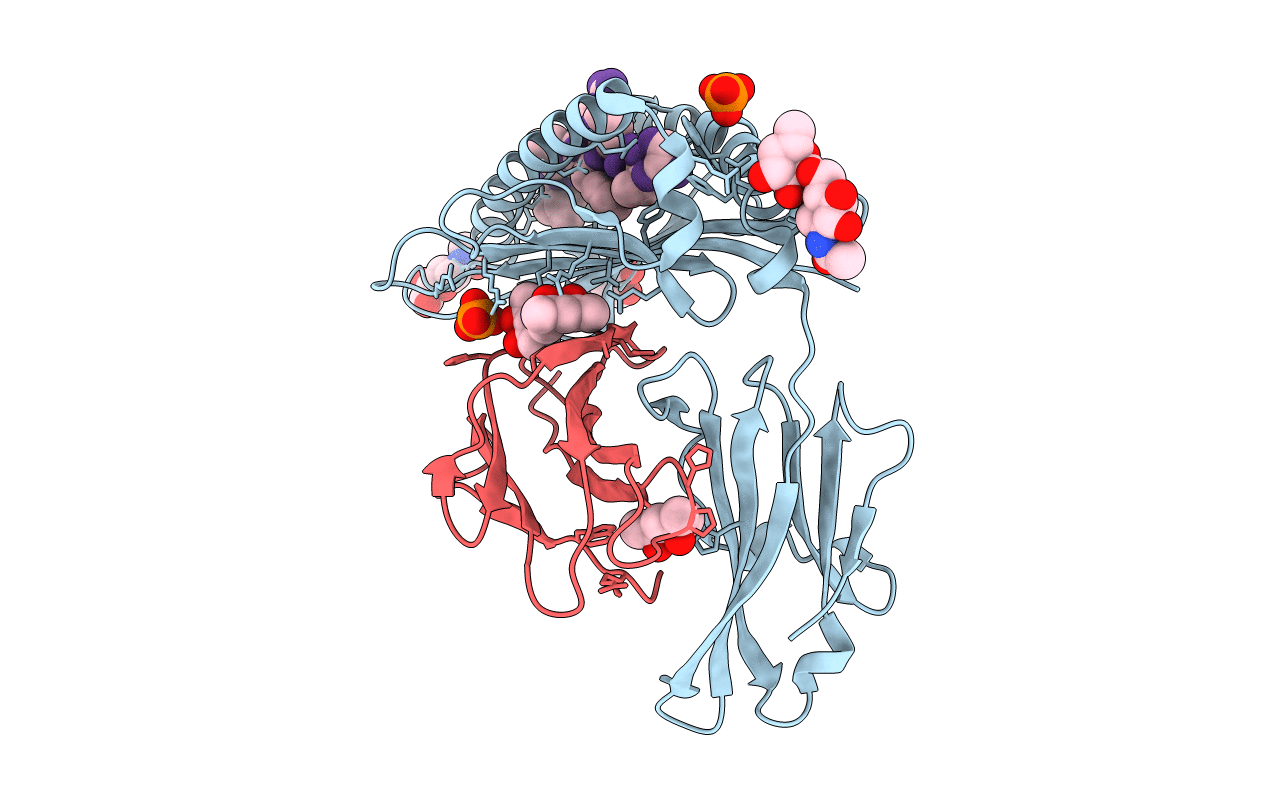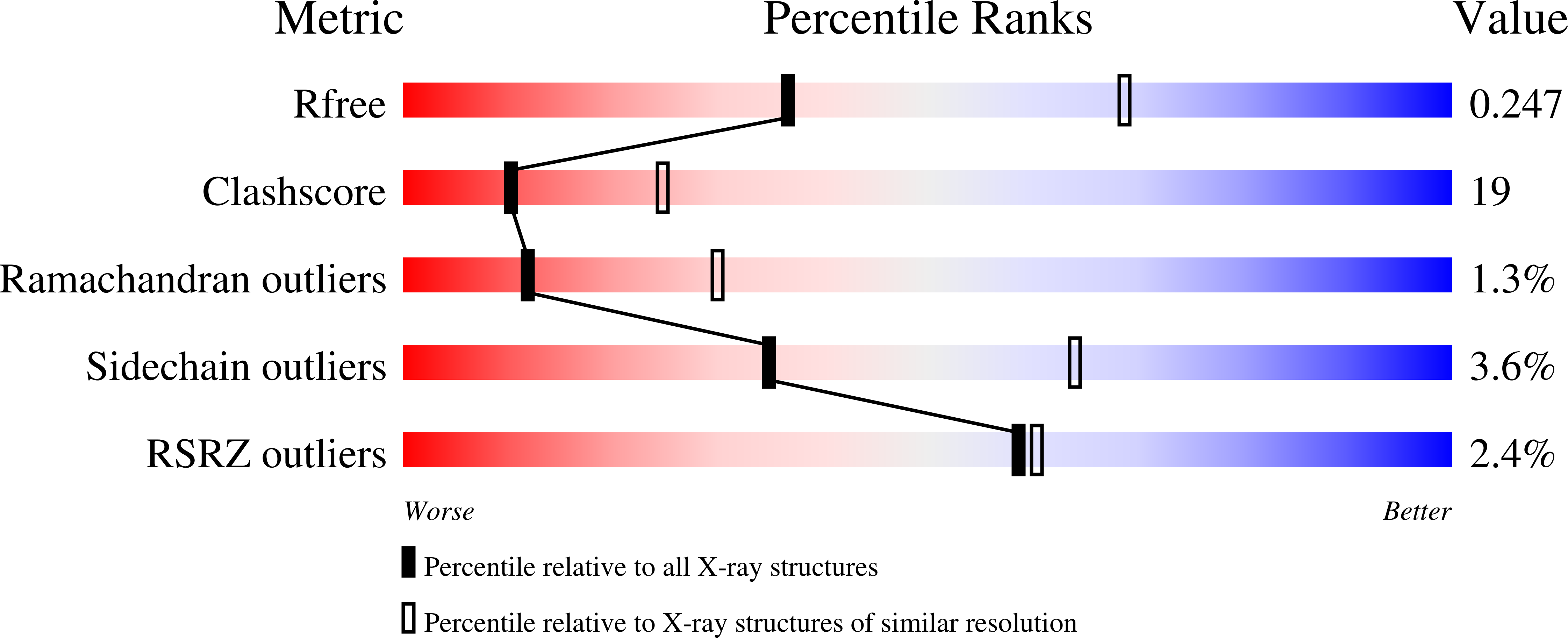
Deposition Date
2006-01-12
Release Date
2006-11-14
Last Version Date
2024-10-23
Entry Detail
PDB ID:
2FO4
Keywords:
Title:
Enhanced MHC class I binding and immune responses through anchor modification of the non-canonical tumor associated MUC1-8 peptide
Biological Source:
Source Organism(s):
Mus musculus (Taxon ID: 10090)
Expression System(s):
Method Details:
Experimental Method:
Resolution:
2.70 Å
R-Value Free:
0.24
R-Value Work:
0.19
Space Group:
P 21 21 2


